Research
Creativity and daring in engineering research
At Michigan Engineering, we leverage the University of Michigan’s full ecosystem of world-class schools and colleges to tackle humanity’s toughest problems.
As a key contributor to U-M’s vast research portfolio, we seek to catalyze and incentivize faculty to pursue high-risk, high-impact ideas to solve problems on a global scale. Our researchers draw upon critical insights, expertise and wisdom from across a wide range of disciplines.
Solutions must meet the needs of the people they are intended to serve. To this end, our equity-centered values guide bold research in the pursuit of transformational ideas that elevate all people. The results have broadened and defined our areas of scientific and technological leadership.
Major focus areas
Michigan Engineering strives to support convergent and transformative research, drawing upon a range of disciplines to address the world’s most pressing challenges.
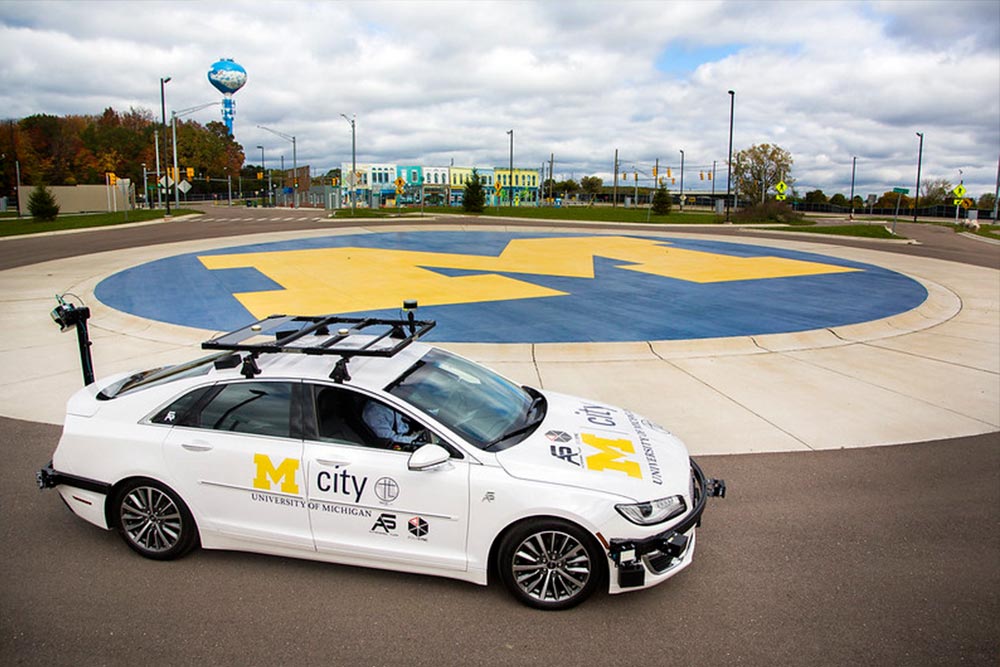
EVs & mobility
Transportation is rapidly changing the way humans travel and move goods, and our experts are answering emergent questions around automation, battery performance and safety, chip shortages, and social equity and environmental stewardship. They also know electrification won’t just change our roads: Ships carry 80% of world trade, and our naval architecture and marine engineering experts are looking for electrification solutions to help reduce shipping emissions.
The University of Michigan acts as a hub where automakers, legislators, regulators, academics and researchers interact to tackle this global problem in all its facets. Converging across disciplines, as well as at our Michigan Battery Lab, Mcity, the U-M Transportation Research Institute and the U-M led Michigan Electric Vehicle Center, we are developing solutions for the long term to ensure mobility is safe, efficient, sustainable, equitable and accessible.
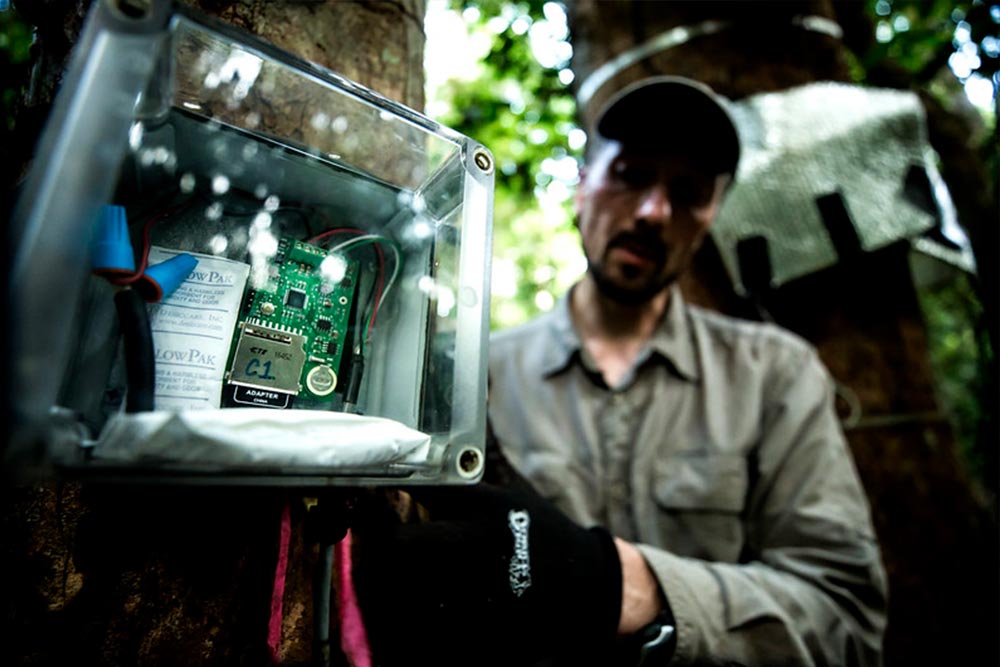
Climate change, adaptation & mitigation
Across disciplines, we are working to help humanity understand, mitigate and adapt to a changing planet. Experts are helping drive solutions toward net-zero greenhouse gasses, expanding renewable energy efficiencies and designing resilient infrastructure changes like bendable concrete. We’re also helping lead community-based efforts to anticipate and prevent climate change disasters like flooding by working with local communities and their stakeholders who deeply understand pressing needs.
To help curb greenhouse gas emissions, we know nuclear energy has a crucial role to play. From improved reactor physics modeling and safer fuel rods to predicting material degradation and community engagement, Nuclear engineers are finding ways to bolster this important energy sector.
And beyond our atmosphere, experts are exploring our solar system, partaking in NASA missions to study the sun and utilizing satellites — all to help us better understand and protect Earth.
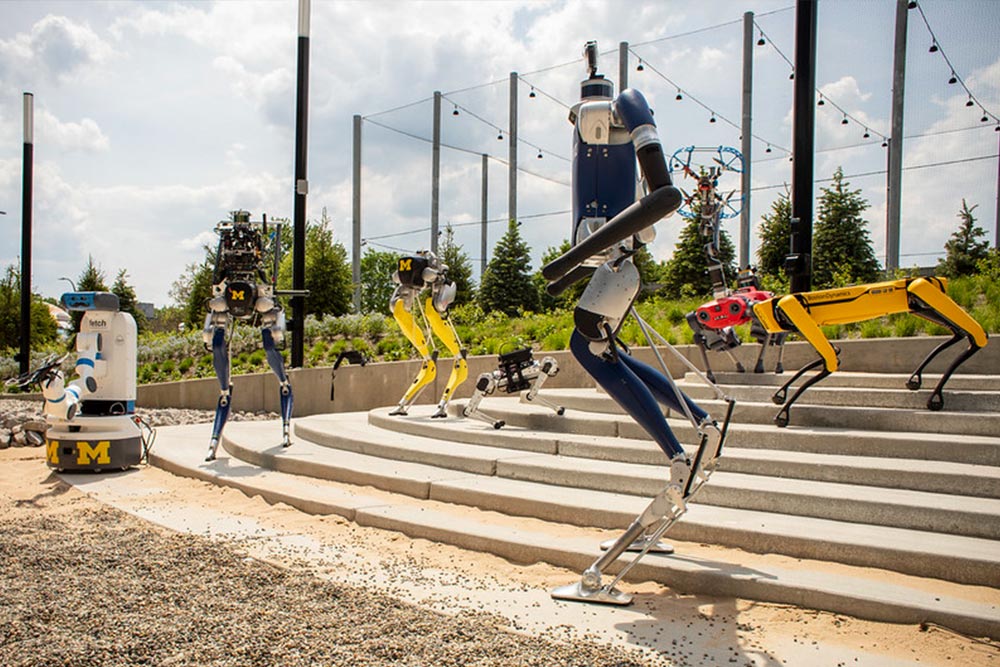
Robotics
The global industrial and service robotics markets are expected to grow by more than 20% year over year, reaching a total market of $310 billion by 2025. But a host of difficult and enormously complex problems must be solved before robotics technologies can be incorporated into everyday life.
Meeting this demand head on, Michigan Robotics aims to create a collaborative, diverse community of roboticists, where through mutual respect, integrity in action, and transparency in thought, we accelerate socially beneficial advances in robotics.
Our roboticists are using artificial intelligence techniques for dealing with planning and uncertainty, localization and mapping, sensor processing and classification, continuous learning and more to ensure tomorrow’s robotics meet society’s needs while improving the human condition.
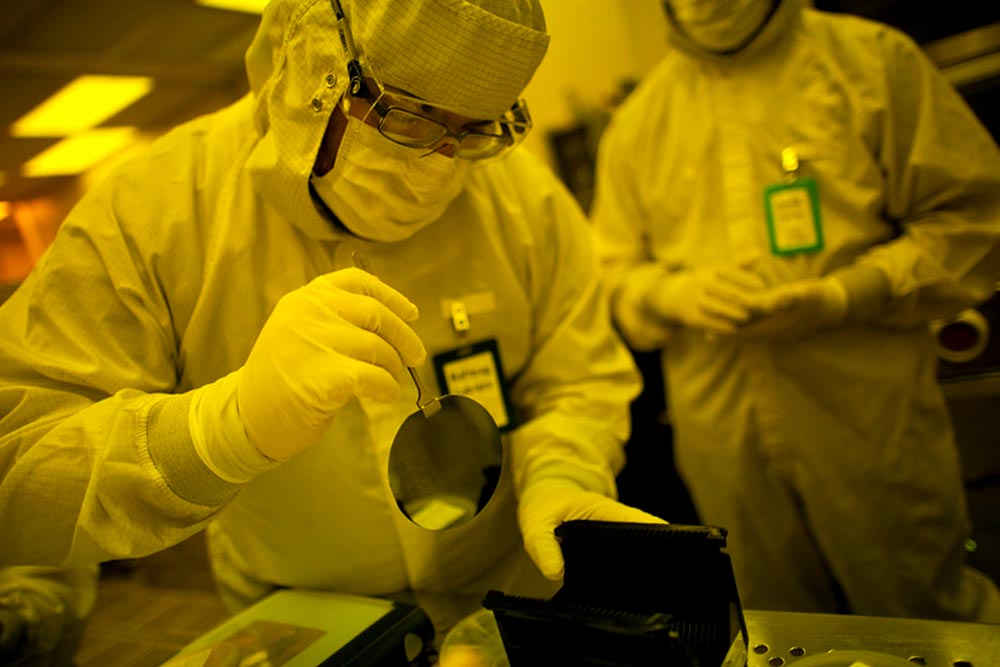
Advanced materials & manufacturing
Materials engineers are driving innovation in energy, transportation, defense, electronics, communications, sustainability, biomedicine and consumer products. The strength of the materials research at Michigan Engineering is in its diversity. Our faculty are engaged in state-of-the-art research covering a broad spectrum of activities with the common goal of improving how materials are utilized and manufactured to improve the quality of life in the 21st century.
Our faculty further this excellence in manufacturing research and engagement with hundreds of government and corporate partners through the Michigan Materials Research Institute, Integrated Manufacturing Systems Laboratories (IMSL) and the Lurie Nanofabrication Facility that brings together optics, solid-state electronics, materials, and nano-technology expertise to support fabrication, testing and measurement capability.
The last few years have tested our supply chains, and operations engineers are developing models to anticipate shortages and alleviate strain in manufacturing and transportation.
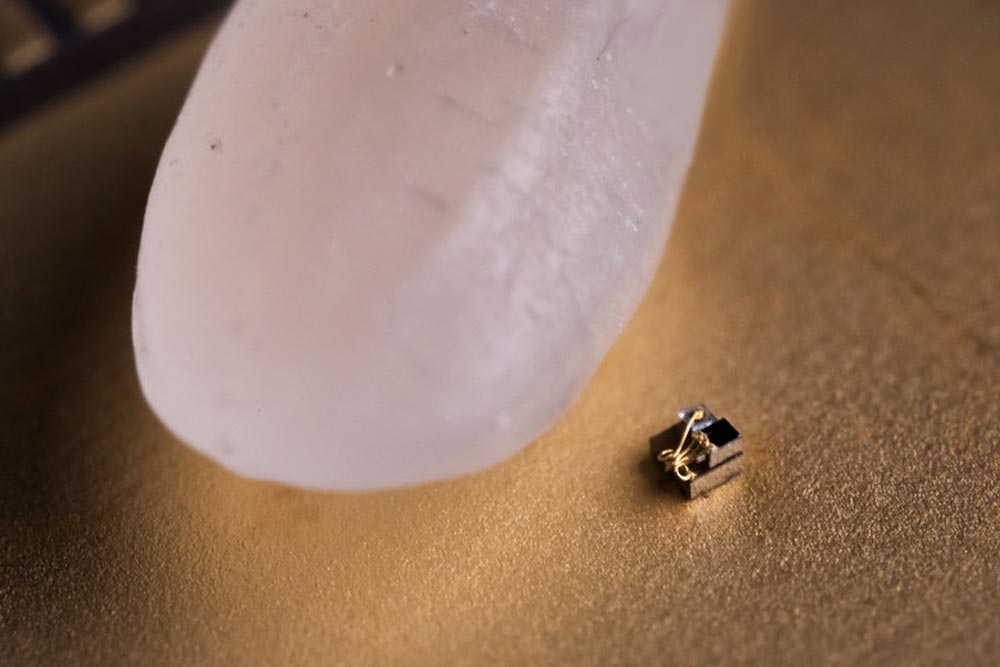
Microelectronics & chips
As Moore’s Law slows, engineers must look for new innovations and designs to push technology and humanity further, and as a top global institute for semiconductor training, Michigan Engineering is in a position to lead.
Our Lurie Nanofabrication Facility grants students, researchers, national labs, industry and other other academic institutions access to advanced nanofabrication equipment and expertise, enabling cutting-edge education, research and business developments.
In recent years, experts have developed an “unhackable” chip that shuffles its code rapidly, a microfluidic lab-on-a-chip device for measuring COVID-19 antibodies and Michigan MicroMote, the world’s smallest computer, developed at Michigan Engineering.
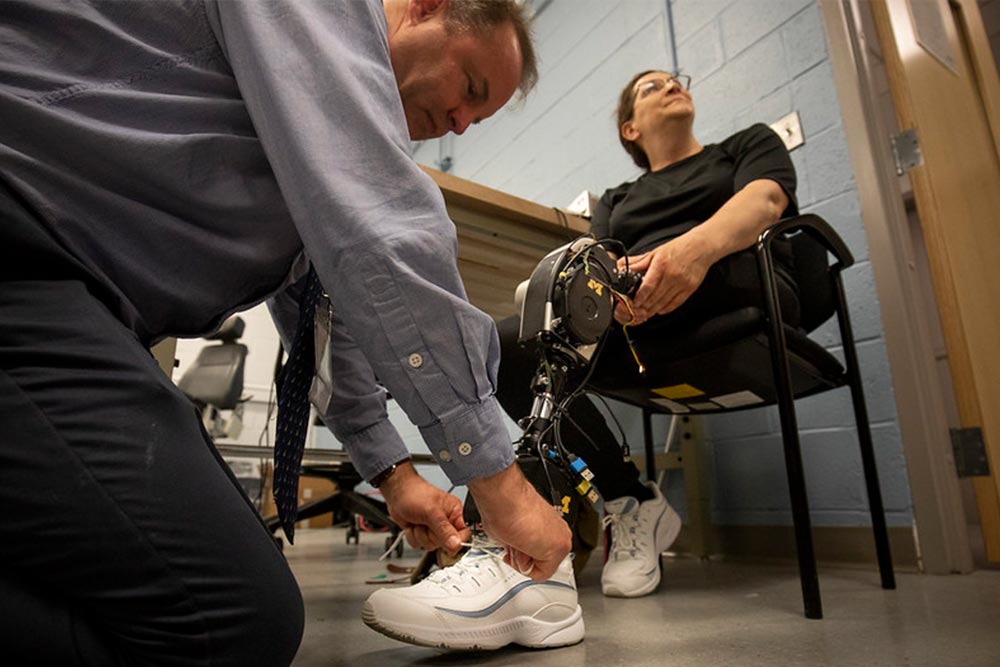
Healthcare optimization
In precision health, experts are collaborating with doctors and nurses on predictive models for more personalized care, finding responsible, ethical opportunities with AI and developing nano-engineered drugs.
At the beginning of the pandemic, engineers partnered with healthcare workers, public health experts and others to take on the most urgent problems: a dearth of masks, shutting down surgical and procedural suites, caring for infected patients, infection testing and more.
Beyond COVID-19 response, intuitive, real-time mind-controlled prosthetics, a cancer treatment that uses soundwaves to destroy tumors, and a machine learning approach to better understand gut microbes are other recent projects.
Research
Leveraging unparalleled resources and perspectives to reimagine what engineering can be.
Education
Shaping the engineers who will build a future that elevates all people.
Culture
Improving both engineering culture and solutions through an equity-centered lens.